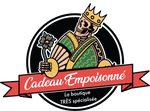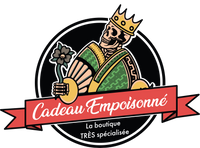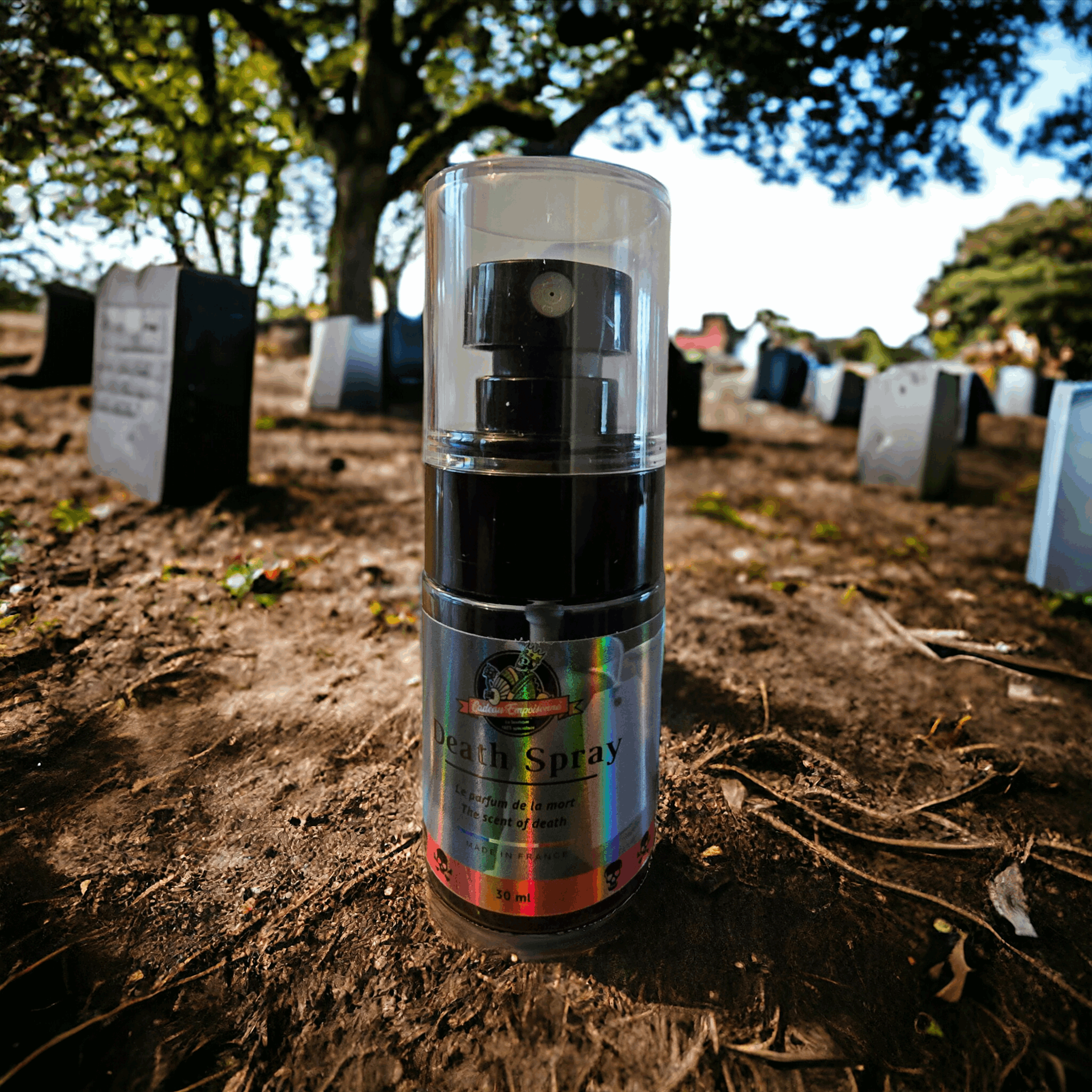The tradition of making jokes on April Fools' Day, also known as "April Fools" in many French-speaking countries, dates back centuries and its exact origins are a little unclear. However, there are several plausible explanations as to why this tradition emerged and persisted over time:
-
Calendar Change : Historically, April 1 often marked the start of the new year in some cultures. Before the adoption of the Gregorian calendar in 1582, where January 1 became the standard date for the New Year, different cultures celebrated the New Year on various dates, including April 1. The festivities surrounding this calendar change often included celebrations, gift exchanges, and pranks.
-
Seasonal Transition : The first of April is often associated with the end of winter and the beginning of spring in the Northern Hemisphere. Festivities and jokes may have been used to mark this seasonal transition, bringing some levity and entertainment after the harsh winter.
-
Renewal and rebirth : Spring is traditionally considered a time of renewal and rebirth, where nature awakens from its winter slumber. April Fools jokes could reflect this idea of renewal by bringing freshness and novelty through jokes and pranks.
-
Social role reversal : In some cultures, April Fools' Day was an opportunity to have fun by temporarily reversing social roles or allowing people to mock authorities or established hierarchies. Jokes were a way to playfully challenge the established order.










